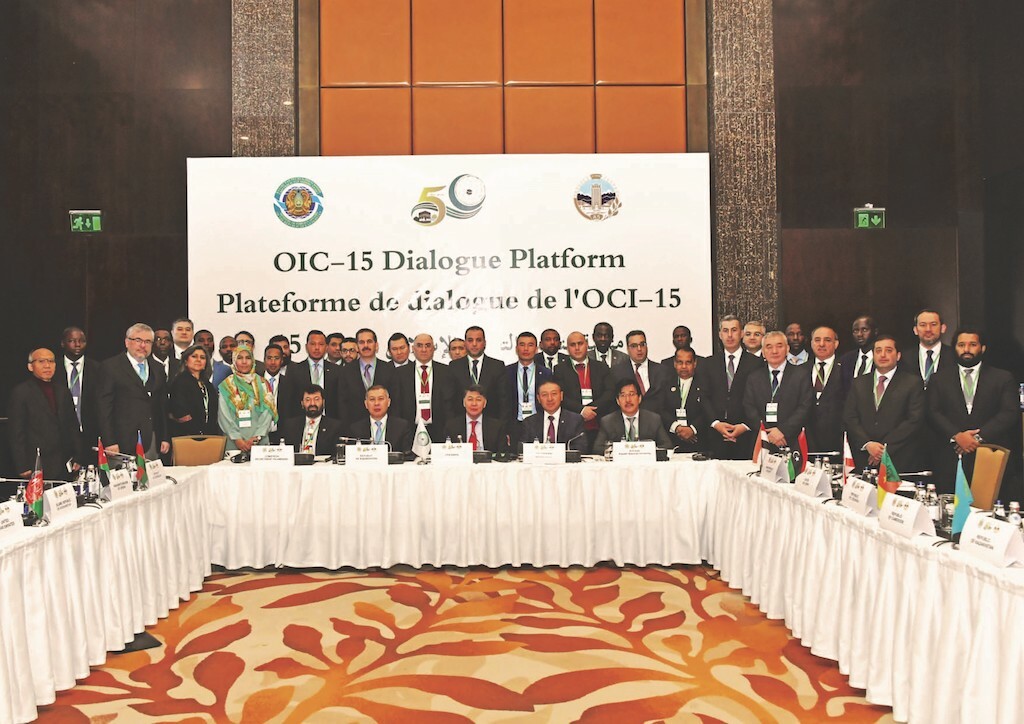
Date: 21/11/2019

The Organization of Islamic Cooperation held a Brainstorming Meeting in Almaty – Kazakhstan on 19 November 2019 to discuss the proposal of the Founding President of the Republic of Kazakhstan, H.E. Mr. Nur Sultan Nazarbayev, to bring together 15 leading OIC Member States with strong credentials in the field of science, technology and innovation to suggest practical measures for helping other Member States in their efforts for the development of science, technology and innovation under the banner “OIC-15 Dialogue Platform”.
On behalf of the OIC General Secretariat, Ambassador Askar Mussinov, Assistant Secretary General for Science and Technology emphasized the importance of science and technology for overcoming the challenges of development, environment degradation, health, energy shortages and water resources scarcity faced by the Muslim world.
He mentioned major achievements and initiatives of the OIC in the fields of higher education, health, science, technology and innovation, water and environment pointing out OIC’s places special emphasis on strengthening cooperation among the Member States for the promotion of science, technology, innovation, higher education and research. He thanked the Government of Kazakhstan for promoting the objectives and policies of the OIC.
The meeting appreciated the ongoing initiatives and emphasized the need for increasing intra-OIC collaboration for meeting the targets set by OIC STI Agenda 2026 adopted by the First OIC Summit on Science and Technology held in Astana in September 2017. The meeting also approved a set of recommendations for early activation of the mechanism and requested OIC General Secretariat to bring the recommendations to the notice of next meeting of the Council of Foreign Ministers.
It is worth recalling that the First OIC Summit on Science and Technology held in Astana in September 2017 adopted a comprehensive plan ‘OIC STI Agenda 2026’ that focuses on building capacities and partnerships with a view to enabling OIC Member States to effectively address the contemporary challenges of poverty, disease, environmental degradation, climate change, energy, water and food security.